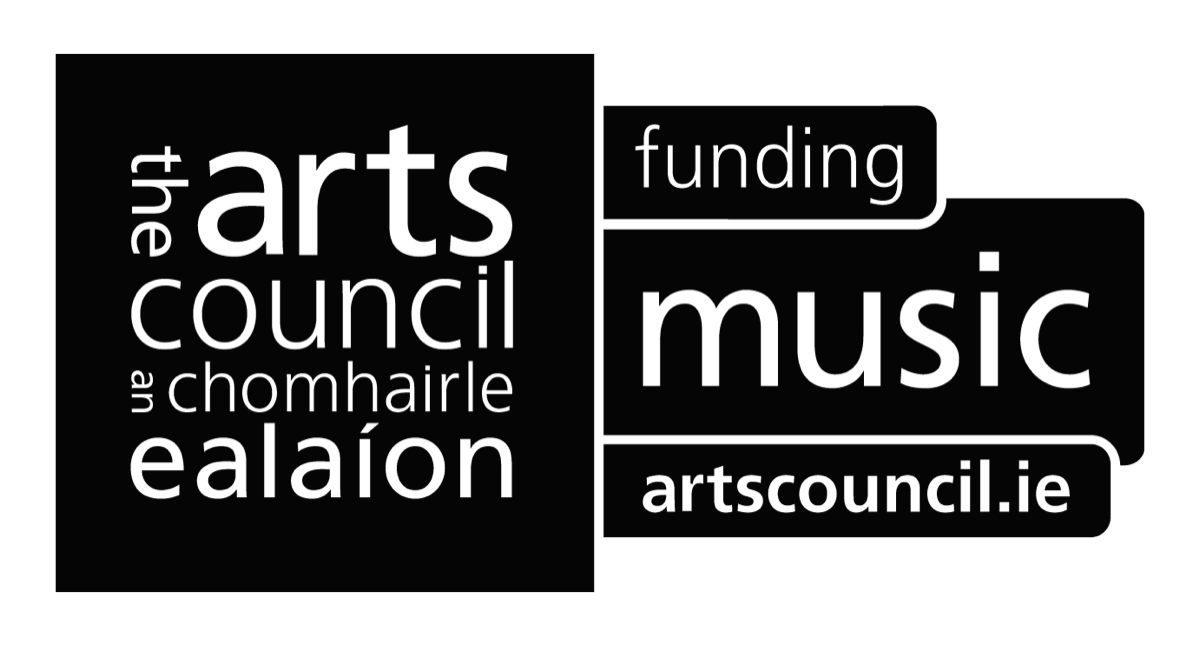Keyboard Harmony
Purpose of the Course
This advanced course is intended for dedicated musicians seeking to enhance their keyboard harmony proficiency. In addition to comprehensive lectures, the syllabus includes a weekly 30-minute ear-training session. To fully benefit from the curriculum, students are expected to possess a solid foundation in music reading, as well as proficiency in an instrument or voice. While piano skills are not strictly required, they are highly recommended as they will be beneficial throughout the course. The primary focus of this class will be on developing ear training, keyboard techniques, and singing abilities.
Required Materials
Music Staff Paper: Students are required to obtain a significant amount of music staff paper for the duration of the course. This paper should be of high quality for turning in final assignments, and lower quality for working out exercises and drafts. Additionally, students may opt to use notation software for copying music, however, this should not be used as an excuse for inaccurately notated assignments. A manuscript book is also recommended for class notes.
Textbooks:
• "Tonal Harmony" by Stefan Kostka and Dorothy Payne, 5th edition (McGraw-Hill, 2004)
• "Harmony and Voice Leading" by Edward Aldwell and Carl Schachter, 3rd edition (Thomson/Schirmer, 2003)
• "Counterpoint in Composition" by Felix Saltzer and Carl Schachter (Columbia University Press, 1989)
• It is essential that students have access to these texts throughout the course as they will be integral to the curriculum and class discussions.
Textbooks:
• "Tonal Harmony" by Stefan Kostka and Dorothy Payne, 5th edition (McGraw-Hill, 2004)
• "Harmony and Voice Leading" by Edward Aldwell and Carl Schachter, 3rd edition (Thomson/Schirmer, 2003)
• "Counterpoint in Composition" by Felix Saltzer and Carl Schachter (Columbia University Press, 1989)
• It is essential that students have access to these texts throughout the course as they will be integral to the curriculum and class discussions.
Program Learning Outcome
The Tonal Harmony and Counterpoint course is a fundamental component of any serious musician's education. Through this class, students will develop a comprehensive understanding of the technical aspects of composing and analyzing music within the framework of Western tonal tradition. Hands-on experience is key to fully grasping any musical style, and as such, the majority of assignments will require students to compose music within specific guidelines presented in class.
Upon completion of this course, students will be able to:
1 Understand and apply the principles of tonal harmony and counterpoint in the context of Western music.
2 Analyze and evaluate tonal music using traditional methods.
3 Compose music using the techniques and conventions of Western tonal harmony and counterpoint.
4 Identify and distinguish various harmonic and contrapuntal structures in tonal music.
5 Develop critical listening skills through the analysis of tonal music.
6 Understand the historical and cultural context of Western tonal music and its development over time.
Upon completion of this course, students will be able to:
1 Understand and apply the principles of tonal harmony and counterpoint in the context of Western music.
2 Analyze and evaluate tonal music using traditional methods.
3 Compose music using the techniques and conventions of Western tonal harmony and counterpoint.
4 Identify and distinguish various harmonic and contrapuntal structures in tonal music.
5 Develop critical listening skills through the analysis of tonal music.
6 Understand the historical and cultural context of Western tonal music and its development over time.
Course Schedule
Week 1: Placement Testing, Introduction to Cantus Firmus and 1st Species Counterpoint
Week 2: 2nd Species Counterpoint and Ear Training Sessions Commence
Week 3: 2nd Species Counterpoint and Chord Progressions & Cadences
Week 4: Chord Progressions & Cadences and Introduction to 3rd Species Counterpoint
Week 5: Third Species Counterpoint
Week 6: Fourth Species Counterpoint and Exam #1
Week 7: Four-Part Writing, Part One: Fundamentals
Week 8: Four-Part Writing, Part Two: Modulations
Week 9: Four-Part Writing, Part Three: Extended Spans
Week 10: Four-Part Writing, Part Four: Chromatic Modulations
Week 11: 5th Species Counterpoint and Exam #2
Week 12: Exploration of Other Four-Part Textures
Week 13: Final Counterpoint Project Presentations
Week 14: Final Chorale Harmonization Project Presentations
It is important to note that the schedule may be subject to change based on the needs and progress of the class.
Week 2: 2nd Species Counterpoint and Ear Training Sessions Commence
Week 3: 2nd Species Counterpoint and Chord Progressions & Cadences
Week 4: Chord Progressions & Cadences and Introduction to 3rd Species Counterpoint
Week 5: Third Species Counterpoint
Week 6: Fourth Species Counterpoint and Exam #1
Week 7: Four-Part Writing, Part One: Fundamentals
Week 8: Four-Part Writing, Part Two: Modulations
Week 9: Four-Part Writing, Part Three: Extended Spans
Week 10: Four-Part Writing, Part Four: Chromatic Modulations
Week 11: 5th Species Counterpoint and Exam #2
Week 12: Exploration of Other Four-Part Textures
Week 13: Final Counterpoint Project Presentations
Week 14: Final Chorale Harmonization Project Presentations
It is important to note that the schedule may be subject to change based on the needs and progress of the class.

Follow me on Spotify

Archie Chen records for Sony Classical
Supported by:




